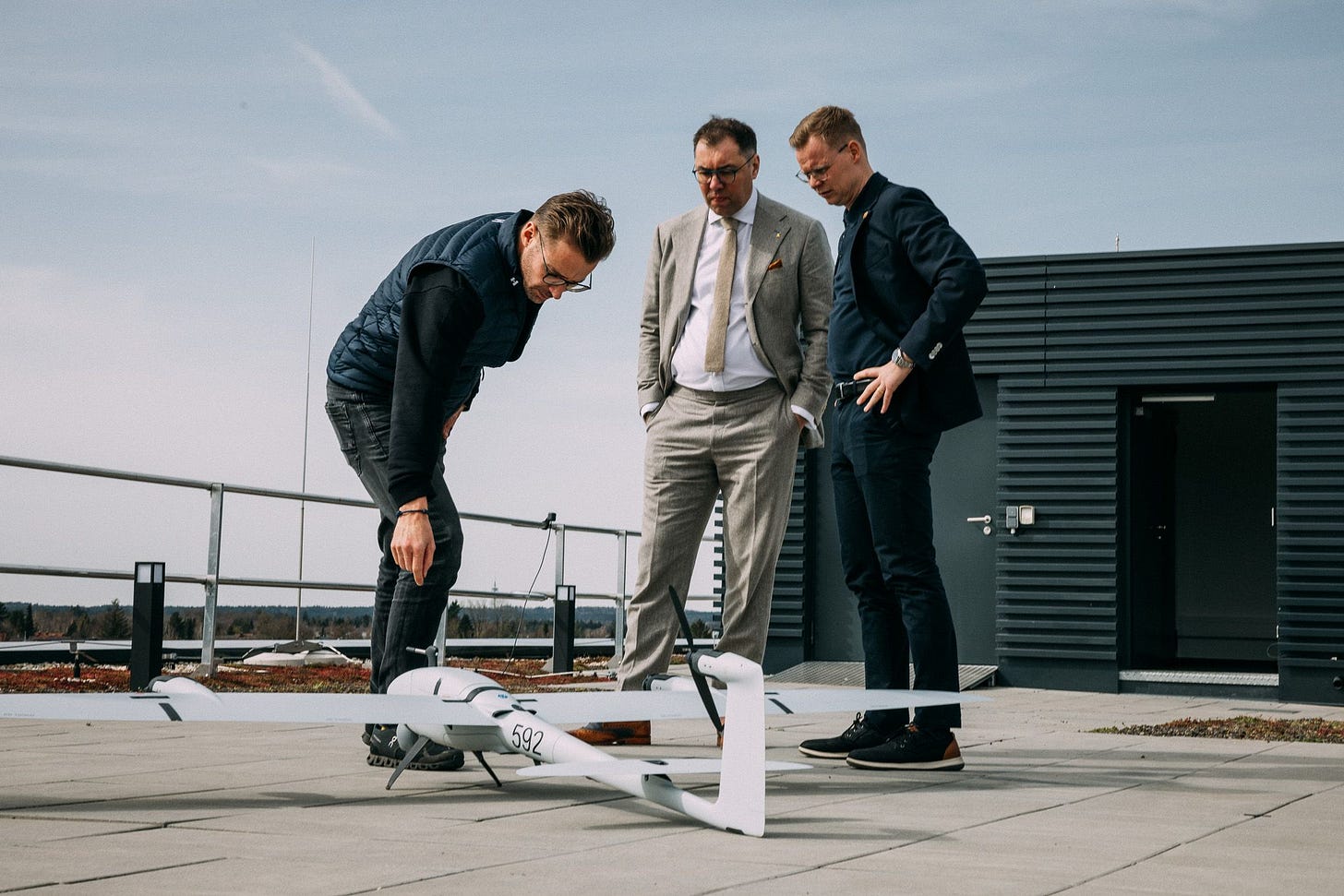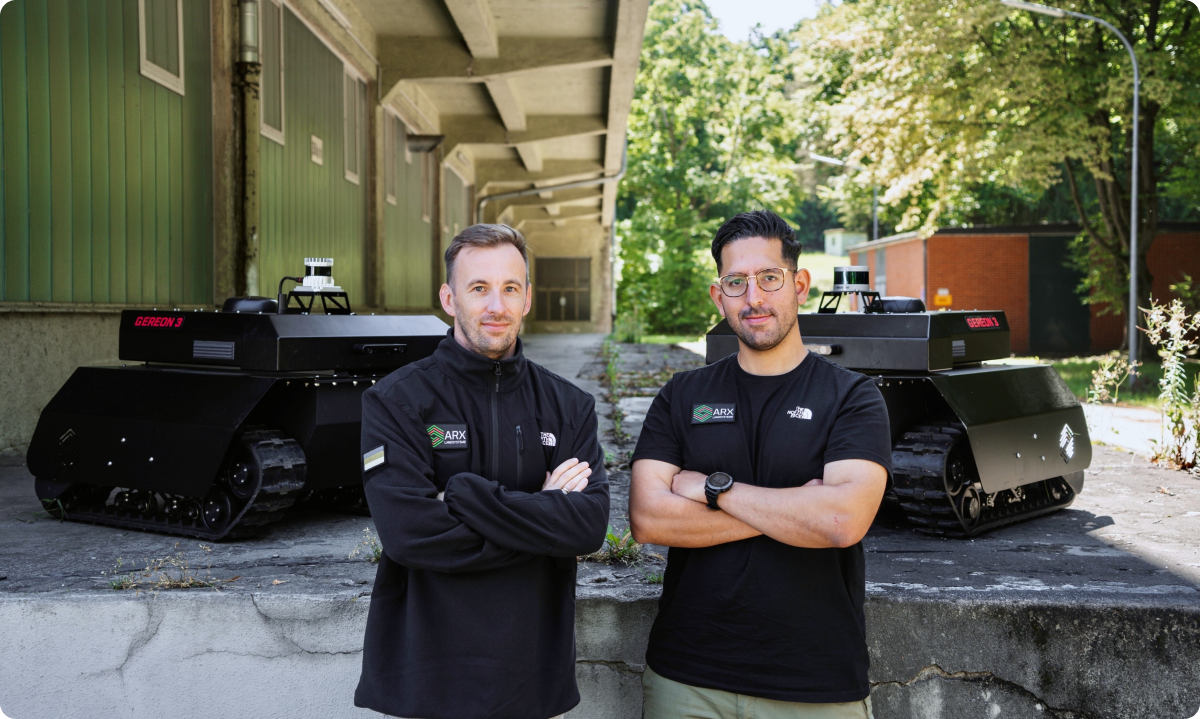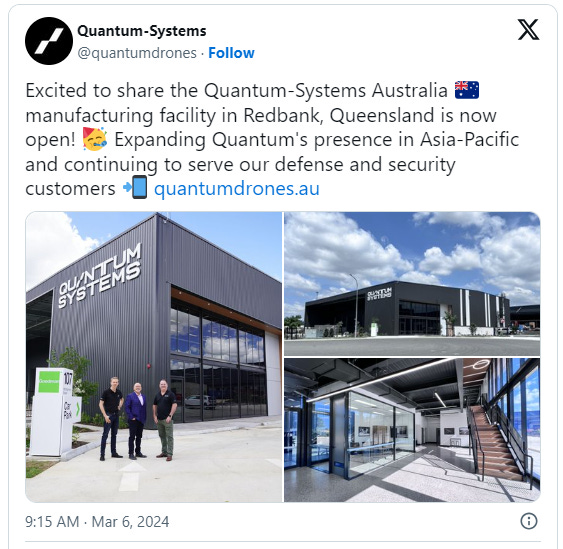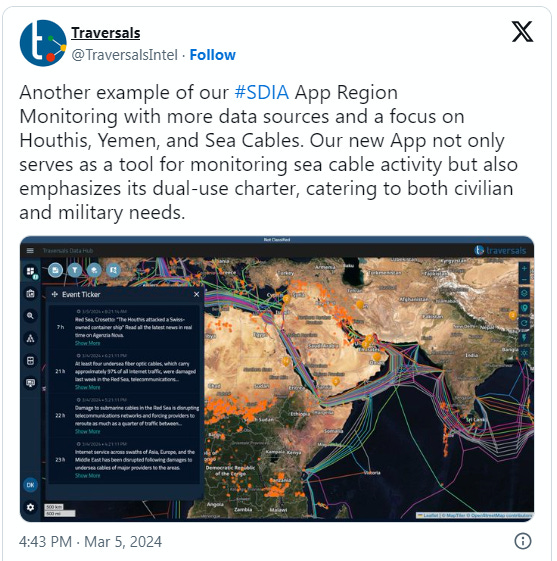European Defense Tech: Top 5 German Startups to Watch

For the last several years, there has been a clear paradigm shift in the defense sector, where it has become evident that the pace of future innovations and breakthroughs is no longer achievable through traditional approaches. In response, venture capitalists have poured billions of dollars into startups developing a variety of military-related technologies, including drones, unmanned submarines, robotics, and various AI-powered solutions.
It seems that the US is at the forefront of such activities, with significant budgets and tremendous success stories such as Anduril and Palantir. But what about Europe? European countries are committed to investing significant funds in defense and dual-use applications, dedicating billions of Euros to boost technological advancements and independence. And indeed, Europe already has achievements to show.
Let’s dive into German startups that are driving innovation and emerging as new stars in defense technology, including Helsing, Quantum Systems, ARX Landsysteme, Traversal Analytics, and Polaris Spaceplanes.
Helsing
When discussing the new generation of tech companies in Europe, German startup Helsing is among the first examples that come to mind. There are numerous reasons why this company may be considered a poster child for European defense tech success.
Founded in 2021, it raised €209 million ($223 million) in Series B funding last year, pushing its post-money valuation to over €1.7 billion. Investors include General Catalyst, Swedish defense group Saab, and Spotify founder Daniel Ek.
Regarding its core operations, Helsing is developing AI-based capabilities for the European military. Simply put, Helsing can retrofit fighter jets, drones, submarines, tanks, or any other suitable equipment with advanced AI capabilities.
For example, in 2024, the company announced plans to upgrade French CAESAR artillery systems with AI technology. Earlier in 2023, Helsing was chosen to provide AI development infrastructure for the Future Combat Air System of the German Army (Bundeswehr), enhancing European fighter jets (Eurofighters) in collaboration with missile manufacturer MBDA.
The company’s software is already being used for reconnaissance and deployed on the front lines in Ukraine. Helsing will assist in integrating AI into Ukrainian-made drones and other unmanned aerial vehicles. It has partnered with Skyeton and Warbirds Ukraine, highly esteemed Ukrainian UAV manufacturers with a battle-proven products.
Quantum Systems
Another shining example of German success is Quantum Systems. The company specializes in the development, design, and production of advanced multi-sensor unmanned aerial systems (UAS) that gather aerial intelligence. In simpler terms, it manufactures sophisticated AI-powered drones for aerial data intelligence.
Last year, Quantum Systems raised €63.6M in Series B funding from HV Capital, DTCP, as well as Project A, Thiel Capital, ScaleUp Fonds Bayern, Omnes Capital, and Airbus Ventures. The company became the first European company to raise over €100M in dual-use tech.
The company knows what it is doing and does it swiftly. In April 2024, Quantum Systems announced the opening of a second drone production plant in Ukraine. This plant will have a capacity of up to 1,000 drones per year, including the production of spare parts. This is in addition to multiple existing facilities in the USA, Australia, and Germany. The company regularly supplies its products to the Ukrainian Armed Forces, which means they have been battlefield tested for the last two years. This presents a very strong competitive advantage for such technology.
ARX Landsysteme
ARX Landsysteme is a German defense startup specializing in the development of autonomous unmanned systems and sensors for the European defense sector. The company’s autonomous robots are built on a universal robotic platform, allowing for flexible add-on and payload solutions depending on the specific requirements.

Founded by Marc Wietfeld (CEO), an active officer in the German Army, and Stefan Röbel (COO) in 2021, ARX Landsysteme announced last year that it had raised €1.15 million in a pre-seed round led by Project A Ventures.
The German Army has already deployed two GEREON unmanned ground vehicles (UGVs) developed by ARX Landsysteme for its military training program. Additionally, the company has sold its first robots to European NATO forces, although the names of the buyers were not disclosed.
What’s particularly interesting is that the robots developed by ARX Landsysteme are much more sophisticated than mere moving robotics platforms. For instance, one of the standout features of the GEREON models is the acoustic sensor module, enabling immediate detection and accurate location of enemy fire in complex terrains. The company offers ten different payloads for various applications.
While ARX Landsysteme has not yet achieved the scale of Helsing or Quantum Systems, similar autonomous platforms have already proven their utility on the battlefield in Ukraine.
Traversal Analytics
Traversal Analytics and Intelligence is a German startup specializing in using AI to analyze publicly available information for situational awareness and crisis management. Traversal Analytics was founded in 2019 by Dr. Dirk Kolb.
The company elevates open-source investigations (OSINT) to a whole new level by collecting real-time information from hundreds or thousands of different sources, such as Telegram channels, social media sites like Twitter, and more. It processes this data and provides a comprehensive view of volatile situations, enabling users to make informed decisions.
One of the problems the company addresses is the effective identification and countering of hybrid threats and cognitive warfare campaigns, to which European countries are particularly vulnerable.
Traversal Analytics collaborates with governmental institutions, including the German Armed Forces, local municipalities, and universities. One notable example of the company’s work is the “Prometheus AI” system, which autonomously generates situation reports by collecting information on crisis events and evaluating it in real-time. Another example is the Ukraine Dynamic Frontline Monitoring service, which records military events in the war zone by reading and analyzing publicly available data.
Polaris Spaceplanes
The German aerospace startup Polaris Spaceplanes (Polaris Raumflugzeuge) was founded by Alexander Koppin in 2018 to develop a reusable space launch and hypersonic transport system capable of operating like a traditional aircraft. The company aims to meet the demands of a variety of markets, including defense, commercial, and scientific applications.
Last year, Polaris successfully conducted the maiden flight of the MIRA-Light vehicle to test and fine-tune the flight control systems. According to the company, the MIRA-Light had already completed multiple flights without encountering any issues. Also last year, the company successfully conducted its first flight of the MIRA vehicle, the largest so far, with a length of 4.3 meters and a take-off mass of 210 kg. The next step is to test a novel linear aerospike rocket engine.
Polaris expects to begin flights with its light spaceplane in 2026, with a heavy vehicle that will become operational by the early 2030s. Polaris is already backed by the European Space Agency and the German military.










